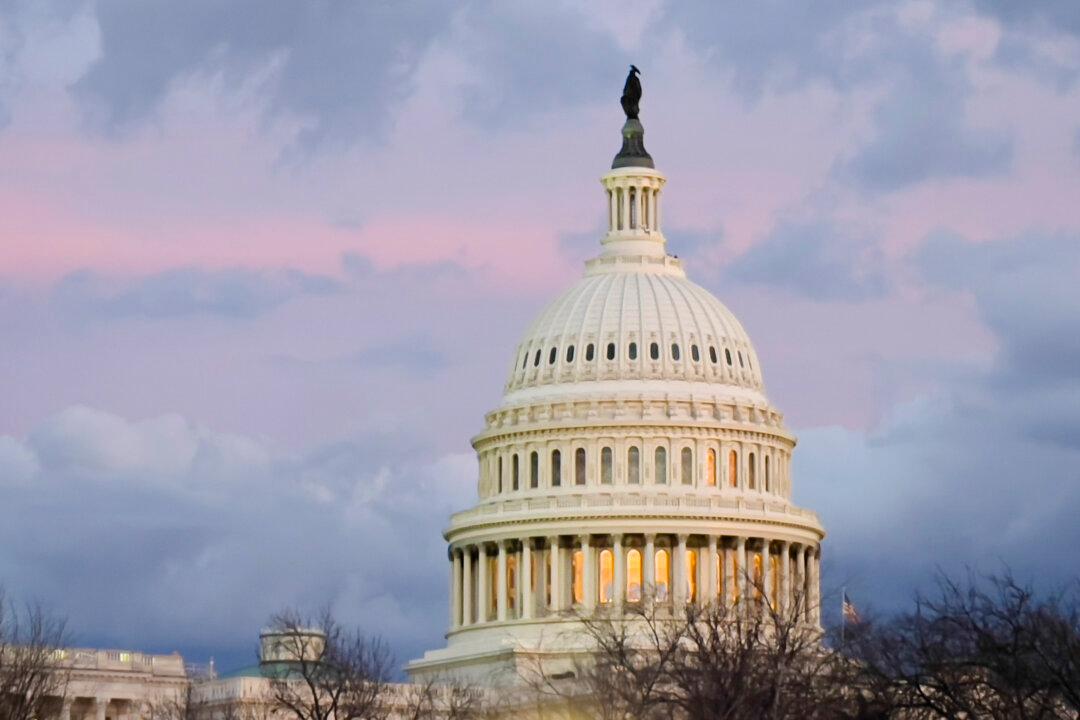The House has pushed off a vote on a measure that would reauthorize Section 702 of the Foreign Intelligence Surveillance Act (FISA), a spy power that’s meant to target noncitizens abroad but has, at times, swept up Americans in the process.
The legislation would make a series of wide reforms to the FISA spying authority, which has come under increasingly heavy scrutiny since it was last reauthorized in 2018. However, the package has drawn blowback from the House Freedom Caucus members, who have called for the bill to include a warrant requirement.






